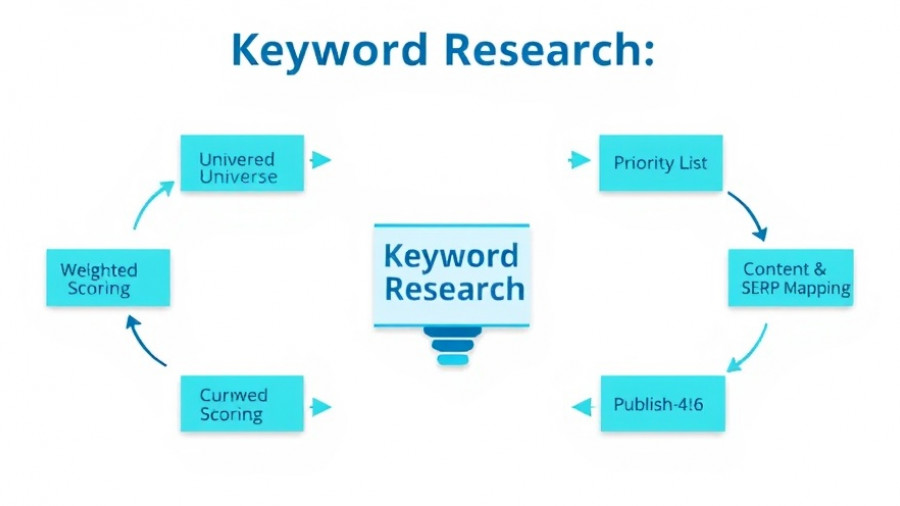
Unlocking the Power of Dofollow Backlinks: Why They Matter
In the current digital landscape, where SEO tactics evolve rapidly, dofollow backlinks remain a potent asset for brands seeking to enhance their online visibility. A dofollow backlink serves as a vote of confidence from one website to another, significantly impacting a site's authority and rankings on search engines. As businesses and digital marketers refine their strategies, investing in backlinks such as those available through established platforms can be a game-changer.
The Competitive Edge of a DA43 Website
When considering backlinks, the Domain Authority (DA) is a critical metric for digital marketers. A DA43 website, especially one with a long-standing history, introduces various advantages:
- Trustworthiness: Established sites have built trust over time, signaling reliability to search engines.
- Search Engine Ranking: Websites like these can significantly enhance your SEO efforts, often leading to better rankings and increased organic traffic.
- Referral Traffic: A backlink from a reputable DA43 site can also direct valuable traffic to your website.
Maximizing Your Link Building Strategy
For businesses and marketers, plant the seeds of success by integrating dofollow backlinks into your comprehensive link building strategy. Here are some actionable insights:
- Target Quality over Quantity: Prioritize acquiring backlinks from high-DA sites rather than focusing on volume, which can often lead to low-quality links.
- Diverse Backlink Profile: Foster a balanced and varied backlink profile by seeking links from different types of websites.
- Monitor Performance: Utilize tools like Moz's Link Explorer to track the success of your backlinks and their influence on your SEO performance.
The Future of SEO and Backlink Strategies
As algorithms evolve with trends like AI in digital marketing and voice search optimization, the importance of backlinking strategies remain constant. Looking forward, brands that maintain a robust backlinking approach will be more likely to achieve long-term visibility in search results.
Conclusion: Invest Wisely
In conclusion, investing in $49 dofollow backlinks on a DA43 site is more than a simple transaction; it’s a strategic move towards amplifying your digital marketing efforts.
Stay ahead by adapting your strategies according to the latest SEO updates and digital marketing trends. By leveraging high-quality backlinks now, you can ensure a sustainable growth trajectory for your brand.
 Add Row
Add Row  Add
Add 




Write A Comment